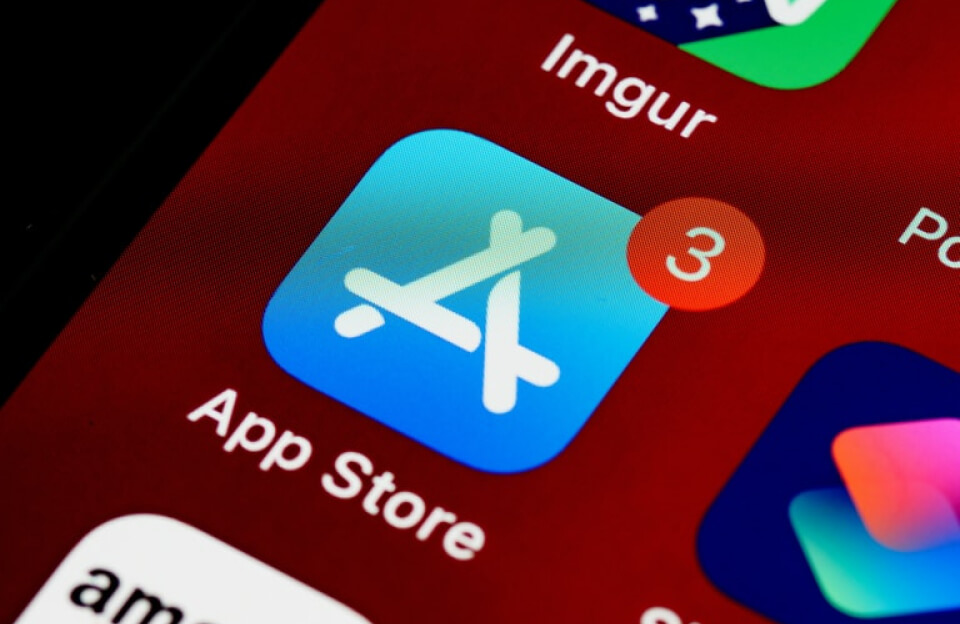In the rapidly evolving landscape of technology, artificial intelligence (AI) stands out as a transformative force, reshaping industries and redefining what is possible. From healthcare to finance, education to entertainment, AI innovations are breaking barriers, enhancing productivity, and creating unprecedented opportunities. This article explores some of the key advancements that are setting new standards and pushing the boundaries of human potential.
1. Revolutionizing Healthcare
One of the most profound impacts of AI is in the healthcare sector, where predictive analytics, personalized medicine, and advanced diagnostic tools are becoming the norm. Algorithms can analyze vast datasets to identify patterns that human practitioners might miss, thereby improving patient outcomes. For example:
-
Predictive Analytics: AI systems can predict disease outbreaks or patient deterioration, allowing for timely intervention. Machine learning models analyze patient history and genetic data to forecast health risks, enabling preventive measures that save lives.
-
Personalized Treatment Plans: AI can tailor treatment plans based on individual genetics and lifestyle, moving away from the one-size-fits-all approach. This has been particularly effective in oncology, where AI helps identify the most effective treatments for cancer patients.
- Telehealth and Virtual Assistants: AI-powered chatbots and virtual health assistants provide patients with 24/7 support, answering queries, scheduling appointments, and monitoring symptoms, thus improving accessibility to healthcare.
2. Transforming Education
AI's integration into education is creating personalized learning experiences that cater to the unique needs of students. By leveraging data, educational institutions can enhance both teaching and learning processes:
-
Adaptive Learning Platforms: AI can customize content delivery based on a student's learning pace and style. These platforms analyze real-time performance metrics to adjust the curriculum, providing a tailored educational experience.
-
Intelligent Tutoring Systems: AI tutors can offer additional support to students outside of classroom hours, helping them grasp complex concepts through interactive learning approaches.
- Data-Driven Insights: Educators can utilize AI to assess student performance trends and identify areas where students are struggling, allowing for targeted interventions that can boost overall educational outcomes.
3. Enhancing Business Operations
In the corporate world, AI is streamlining operations, improving decision-making, and driving innovation. Companies are increasingly adopting AI-driven solutions to maintain a competitive edge:
-
Automation of Routine Tasks: Robotic Process Automation (RPA) powered by AI can handle repetitive tasks, freeing up human employees to focus on more strategic initiatives. This not only increases efficiency but also enhances job satisfaction.
-
Data Analytics and Insights: AI tools analyze market trends, customer behavior, and operational efficiencies, providing businesses with actionable insights that inform strategic planning and improve customer experiences.
- Customer Service Innovations: AI chatbots and virtual assistants are revolutionizing customer service by providing quick and accurate responses to inquiries, improving user satisfaction while reducing operational costs.
4. Innovating Transportation
The transportation industry is experiencing a radical transformation with the advent of AI technologies, particularly in areas like autonomous vehicles and smart traffic management systems:
-
Self-Driving Cars: Companies like Tesla, Waymo, and others are pioneering the development of autonomous vehicles that utilize AI algorithms to navigate complex environments safely. This innovation promises to reduce traffic accidents and improve mobility.
- Smart Traffic Management: AI systems can optimize traffic flow in real-time by analyzing data from cameras and sensors, minimizing congestion, reducing emissions, and enhancing urban planning.
5. Redefining Creativity and Art
AI is not just confined to technical fields; it is also redefining creativity and artistic expression. Innovations in AI-generated art, music, and literature are pushing the boundaries of what we consider creative work:
-
Generative Art: AI algorithms can create stunning visual art pieces by learning from existing artworks. Artists are using AI as a tool to explore new forms of creativity, resulting in unique art that challenges traditional notions.
-
Music Composition: Tools developed by companies like OpenAI can compose music based on input styles, genres, or even historical data, broadening the horizons of musical innovation.
- Literary Assistance: AI-powered writing tools assist authors by suggesting plot developments, character arcs, and even providing grammar and style enhancements, helping to unleash writers' potential.
Conclusion
AI innovations are breaking down barriers across various sectors, offering solutions that were once the stuff of science fiction. As we continue to explore the limitless possibilities of artificial intelligence, it is crucial to address ethical considerations and ensure that these technologies are used responsibly and inclusively. By fostering a collaborative environment between humans and AI, we can harness this powerful tool to create a better, more innovative future. The journey of redefining possibilities has just begun, and the horizon is rich with potential.

